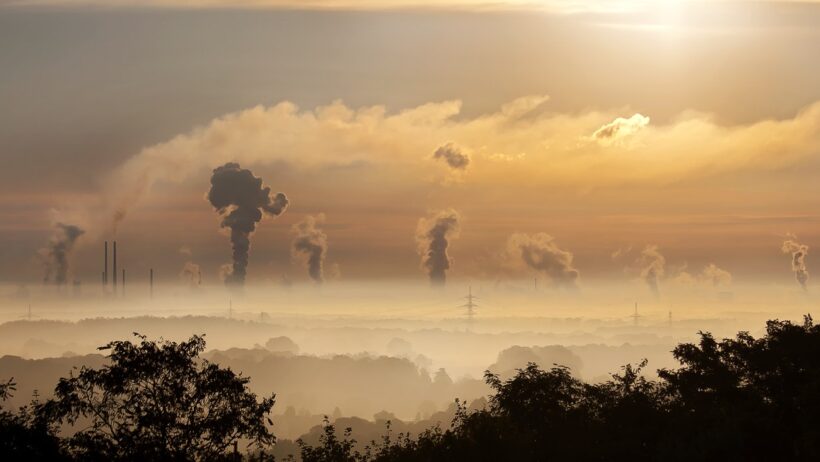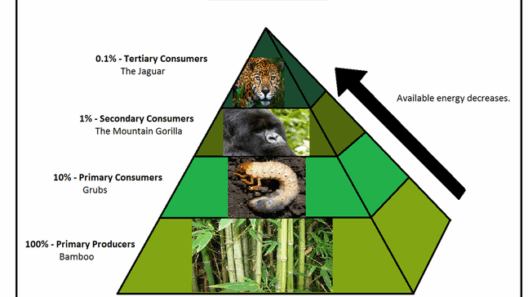As we traverse the increasingly urgent landscape of climate change, one undeniable truth emerges: sustainable energy practices are indispensable to our collective future. Picture this scenario: What if you could significantly reduce your carbon footprint simply by reimagining how you consume energy in your daily life? This notion is not merely a whimsical fantasy; it’s a tangible challenge that invites both individual and communal engagement. Through a variety of sustainable practices, we can harmonize our lives with the planet’s ecological rhythms.
The term “sustainable energy” refers to energy derived from resources that are replenished naturally in a relatively short time frame. These include solar, wind, geothermal, and biomass energy. When properly harnessed, these modalities not only curtail our reliance on fossil fuels but also minimize greenhouse gas emissions, therefore playing a pivotal role in mitigating climate change. Transitioning to sustainable energy is not just a goal for energy providers; it requires a mindset shift in individual consumers as well.
One of the most straightforward yet impactful practices is the adoption of solar energy. Solar panels convert sunlight into electricity, providing a renewable power source for homes and businesses. Imagine the thrill of being less dependent on traditional energy grids and slashing your utility bills simultaneously. Some may wonder, however: Is the initial investment in solar technology worth the long-term gains? To that, one can argue that the compounded savings over time, alongside potential governmental incentives, make for a compelling case.
Moreover, harnessing solar energy isn’t solely limited to avid environmentalists. It beckons those with a penchant for innovation to ponder how they might engage with this technology. Urban dwellers can join community solar programs, which allow sharing of solar energy without requiring the installation of panels on personal property. This cooperative model expands accessibility, inviting a wider demographic into the fold of sustainability.
Wind energy presents another promising avenue. Wind turbines convert kinetic energy from wind into mechanical power, which can then be used to generate electricity. The common assumption may be that wind farms are relegated to vast rural landscapes. However, urban wind energy solutions, such as vertical-axis turbines, are increasingly making their mark in metropolitan settings. Could you, in your city apartment, envision a small turbine on your balcony powering your phone? This line of thought illustrates the myriad possibilities of integrating wind energy into our daily lives.
Geothermal energy deserves special mention as well. Tapping into the Earth’s internal heat provides an efficient means to heat and cool buildings. The concept may sound somewhat esoteric, yet it is particularly viable in geologically active areas. The pivotal question remains: Are we open to exploring what is literally beneath our feet to enhance our sustainability practices?
On the communal front, individuals can rally to implement policies that champion sustainable energy initiatives. Advocacy for subsidies promoting renewable energy projects could lead to more significant advancements and technologies. Local communities can establish energy cooperatives that collectively invest in renewable energy solutions, thereby cultivating an ethos of cooperation and shared responsibility.
Sustainable energy, however, transcends merely selecting alternative sources. Conservation practices are equally critical in this endeavor. Abandoning wasteful habits such as leaving lights on or overusing heating and cooling systems can yield notable energy savings. This challenge digs deeper: How often do we introspect on our consumption patterns? Employing smart home technologies offers a sophisticated solution to conservation. These devices can be programmed to operate based on user behavior, teaching us to reshape our energy usage efficiently.
Strategically deploying energy-efficient appliances also constitutes a vital facet of conservation. By investing in Energy Star-rated products, consumers can significantly reduce their energy consumption. The challenges here extend into the realms of consumer education and willingness to invest in upfront costs for long-term benefits. Are we, as consumers, prepared to change our expectations about energy efficiency in our purchasing decisions?
Moreover, water conservation intertwines closely with energy practices. Did you know that reducing hot water usage directly relates to energy savings? Water heating is often one of the largest energy consumers in a household. Simple actions like fixing leaks, taking shorter showers, and using energy-efficient water heaters can collectively lead to profound resource conservation.
Incorporating sustainable practices extends into agricultural endeavors as well. Supporting local farms that embrace organic and sustainable farming methods reduces reliance on energy-intensive farming practices and transportation logistics. The agricultural sector contributes significantly to greenhouse gas emissions, thus embracing sustainable farming can yield dual benefits: healthier food options and a lesser carbon impact. When consumers shop consciously, they leverage their purchasing power, sending a message to producers about ethical practices.
Educational institutions can also play a vital role in cultivating a culture of sustainability. Integrating these principles into curricula fosters a generation of environmentally conscious individuals prepared to tackle the challenges of climate change. Are schools doing enough to empower students with the tools and knowledge they need to enact meaningful change?
In conclusion, the journey toward sustainable energy and conservation practices is fraught with opportunities and challenges. By reevaluating our energy consumption patterns and embracing renewable resources, we can initiate profound changes both in our lives and in the world. The stakes are high, but so too is the potential for transformative action. It’s time to consider: Are we ready to embrace the challenge? Together, with innovative thinking and communal effort, we can cultivate a sustainable future, one responsible choice at a time.








